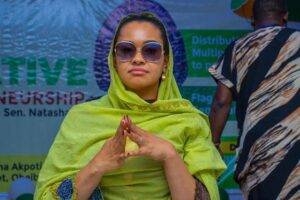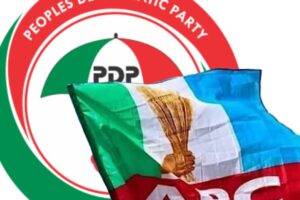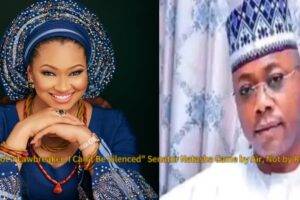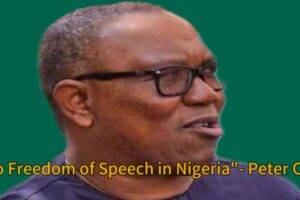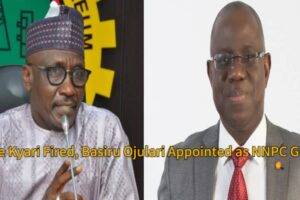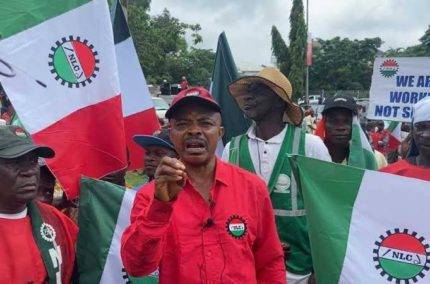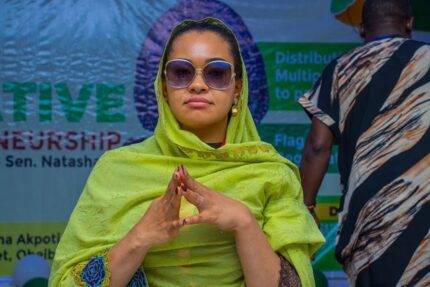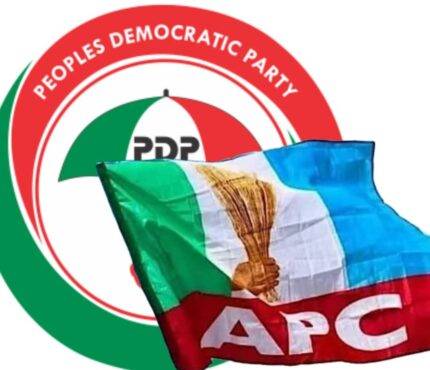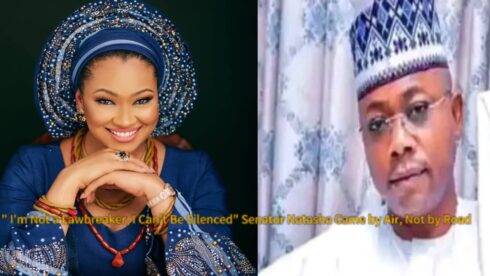The Nigerian Labour Congress (NLC) has revised its stance on the proposed N200,000 minimum wage, citing the intensified socio-economic challenges facing the nation. The announcement came through the National Vice President, Tommy Etim, who expressed the organization’s concern over the current economic situation. Etim highlighted the stark contrast between the circumstances when the Nigerian Labour Congress Reevaluates Minimum Wage Proposal in Light of Ongoing Economic Challenges, Expressing Concerns initially suggested the N200,000 figure and the current reality.
Etim stated, “You are aware that when we opted for the N200,000, the socio-economic challenges were not as biting as they are now. And when you now look at the exchange rate, it was not what it is now. The naira rate has not been devalued as it is now. So, N200,000 is no longer tenable.” This shift in stance signals a nuanced approach by the Nigerian Labour Congress Reevaluates Minimum Wage Proposal in Light of Ongoing Economic Challenges, Expressing Concerns, recognizing the dynamic nature of economic conditions and the need for a more adaptable minimum wage structure.
Minimum Wage Committee Inaugurated Amidst Labour’s Revised Stand
Following the NLC’s reconsideration, Vice President Kashim Shettima inaugurated the Minimum Wage Committee on Tuesday, underscoring the urgency of addressing the wage issue in the country. The committee’s establishment aligns with the government’s commitment to fair labor practices and economic stability. Shettima’s move indicates a proactive response to the evolving concerns raised by the Nigerian Labour Congress Reevaluates Minimum Wage Proposal in Light of Ongoing Economic Challenges, Expressing Concerns, aiming to foster a collaborative approach between the government and labor representatives.
In response to the NLC’s concerns, Shettima emphasized the necessity of a comprehensive evaluation of the socio-economic landscape. He stated, “We are not going there with a fixed amount, but definitely not N200,000. By the time we get there, we will decide based on the socio-economic situation. That’s what we are going to base our national minimum wage discussion and negotiation on.” This signals a willingness to engage in a constructive dialogue, considering the broader economic factors that impact the feasibility of proposed wage figures.
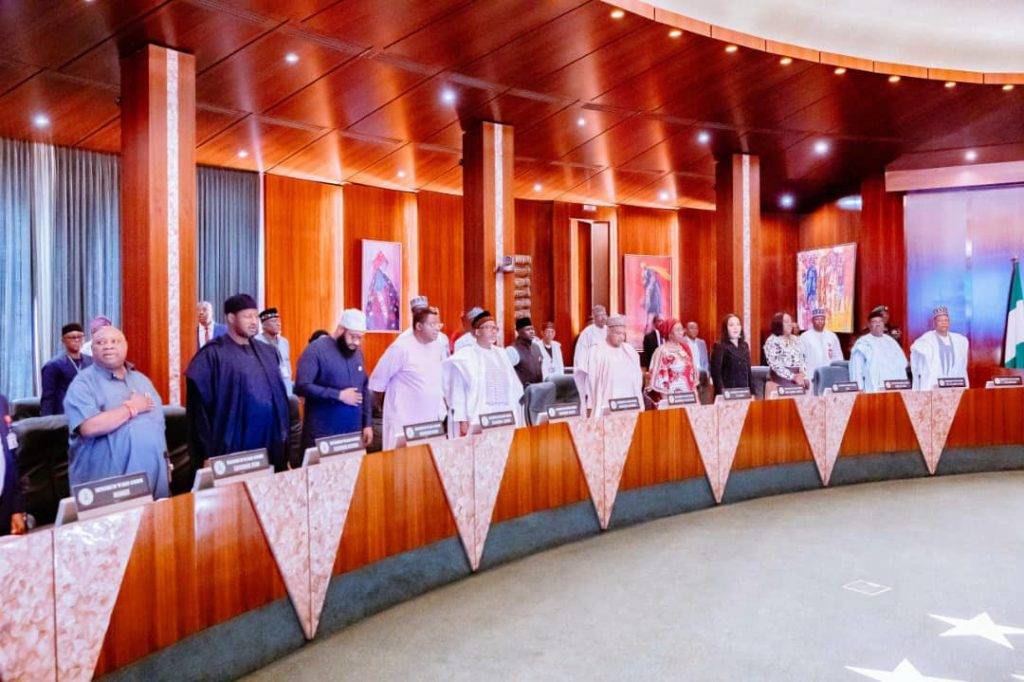
Adapting Minimum Wage Discussions to Socio-Economic Realities
The NLC’s decision to reassess the minimum wage proposal reflects a pragmatic approach to the prevailing economic challenges in Nigeria. As discussions unfold, the emphasis on adapting the minimum wage to the current socio-economic realities provides a foundation for more informed and sustainable decisions. This dynamic approach by both the Nigerian Labour Congress Reevaluates Minimum Wage Proposal in Light of Ongoing Economic Challenges, Expressing Concerns and the Minimum Wage Committee demonstrates a commitment to navigating the complexities of wage negotiations amidst a rapidly changing economic landscape.
However the ongoing dialogue between the Nigerian Labour Congress and the government’s Minimum Wage Committee signifies a crucial juncture in shaping the nation’s labor policies. The willingness to reassess and adapt minimum wage proposals based on current economic conditions showcases a thoughtful and collaborative effort to address the needs of the workforce while ensuring the overall economic stability of the country.
Public Debates and Diverse Opinions Surrounding Minimum Wage Negotiations
Amidst the ongoing minimum wage negotiations between the Nigerian Labour Congress (NLC) and the Trade Union Congress (TUC) with the federal government, a multitude of opinions have emerged, reflecting the diverse sentiments within the public sphere. One notable viewpoint, represented by Odu Obodumu X handle, cautions against adopting a partisan approach, emphasizing the broader implications of minimum wage decisions on both workers and the overall economy. Obodumu argues that focusing on hurting the government based on electoral outcomes may not be in the best interest of the nation.
Terver Debo X handle offers a skeptical perspective, highlighting the expressive nature of labor unions in discussions but predicting that even a 50,000 Naira minimum wage would be considered fortunate. This sentiment is echoed by Alabi X handle, who accuses the Nigerian Labour Congress Reevaluates Minimum Wage Proposal in Light of Ongoing Economic Challenges, Expressing Concerns of seeking confrontation and deems a 200,000 Naira minimum wage as unrealistic. However, Abiodun Sukurat X handle presents a more moderate viewpoint, suggesting that 100,000 Naira is a more feasible figure, considering potential challenges faced by some states in meeting higher wage standards.
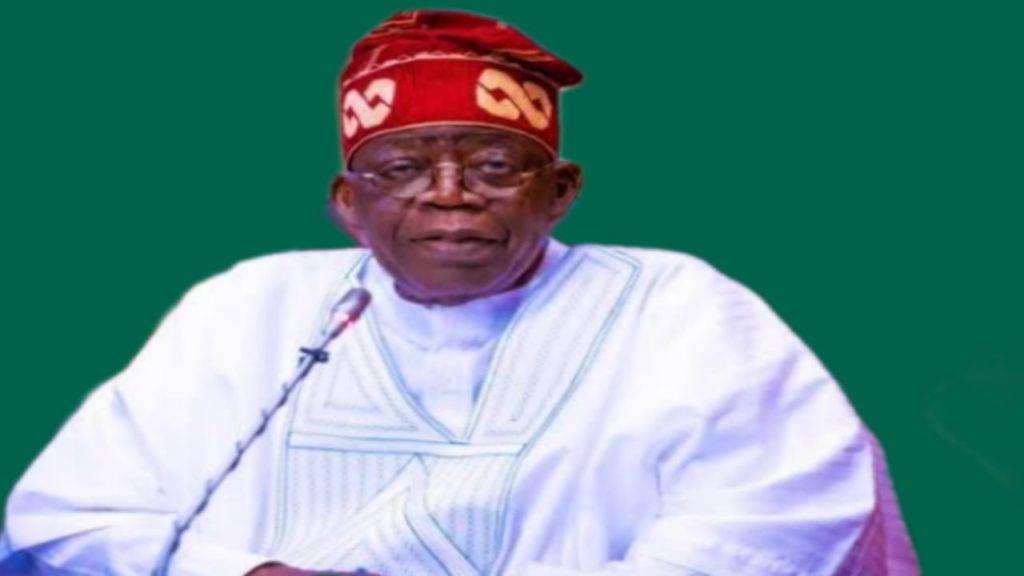
Economic Realities and Inflation Concerns: Nigerian Labour Congress
Underlying the discourse is a prevalent concern regarding the economic landscape and its impact on proposed minimum wage increments. Hassan Muaz raises a critical question about the ability of states to fulfill the existing 30,000 Naira minimum wage, urging labor unions to focus on addressing rising food prices. In a similar vein, Abiodun Sukurat X handle underscores the need for an inflation-free economy, cautioning against setting the minimum wage too high without addressing underlying economic issues.
Oburu James Chinedu’s perspective adds a layer of skepticism, alleging false hope in the proposed 35,000 Naira minimum wage, citing delayed payments since the initial wage increase in September of the previous year. This critique raises questions about the practicality and implementation of wage awards. The ongoing discourse reflects not only the complexities of the minimum wage negotiation process but also the broader economic concerns that stakeholders believe should be prioritized.
Balancing Act in Wage Negotiations
As the NLC and TUC engage in negotiations with the federal government, the diverse range of opinions expressed by various stakeholders underscores the challenges in reaching a consensus on an appropriate minimum wage. Striking a balance between the demands of the labor force and the economic realities faced by both the public and private sectors remains a complex task. The outcome of these negotiations will undoubtedly shape the economic landscape and have lasting implications for workers, employers, and the nation at large.
Table of Contents
Discover more from OGM News NG
Subscribe to get the latest posts sent to your email.

